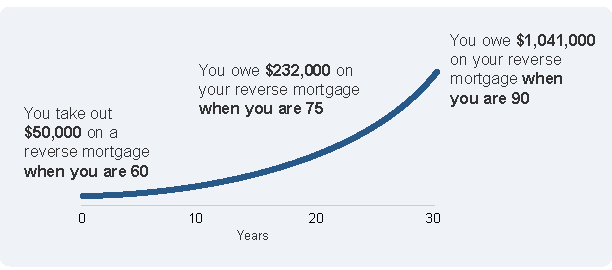An increase in market interest rates may have an adverse effect on the market price of our common
Post on: 27 Май, 2015 No Comment

JRT Topics An increase in market interest rates may have an adverse effect on the market price of our common stock.
These excerpts taken from the JRT 10-K filed Mar 31, 2009.
An increase in market interest rates may have an adverse effect on the market price of our common stock.
One of the factors that investors may consider in deciding whether to buy or sell shares of our common stock is our distribution rate as a percentage of our share price relative to market interest rates. If the market price of our common stock is based primarily on the earnings and return that we derive from our investments and income with respect to our properties and our related distributions to stockholders, and not from the market value or underlying appraised value of the properties or investments themselves, then interest rate fluctuations and capital market conditions will likely affect the market price of our common stock. For instance, if market rates rise without an increase in our distribution rate, the market price of our common stock could decrease as potential investors may require a higher distribution yield on our common stock or seek other securities paying higher distributions or interest. In addition, rising interest rates would result in increased interest expense on our variable rate debt, thereby adversely affecting cash flow and our ability to service our indebtedness and pay distributions.
An increase in market interest rates may
have an adverse effect on the market price of our common stock.
One of the factors that investors may consider in deciding whether to
buy or sell shares of our common stock is our distribution rate as a percentage of our share price relative to market interest rates. If the market price of our common stock is based primarily on the earnings and return that we derive from our
investments and income with respect to our properties and our related distributions to stockholders, and not from the market value or underlying appraised value of the properties or investments themselves, then interest rate fluctuations and capital
market conditions will likely affect the market price of our common stock. For instance, if market rates rise without an increase in our distribution rate, the market price of our common stock could decrease as potential investors may require a
higher distribution yield on our common stock or seek other securities paying higher distributions or interest. In addition, rising interest rates would result in increased interest expense on our variable rate debt, thereby adversely affecting cash
flow and our ability to service our indebtedness and pay distributions.














